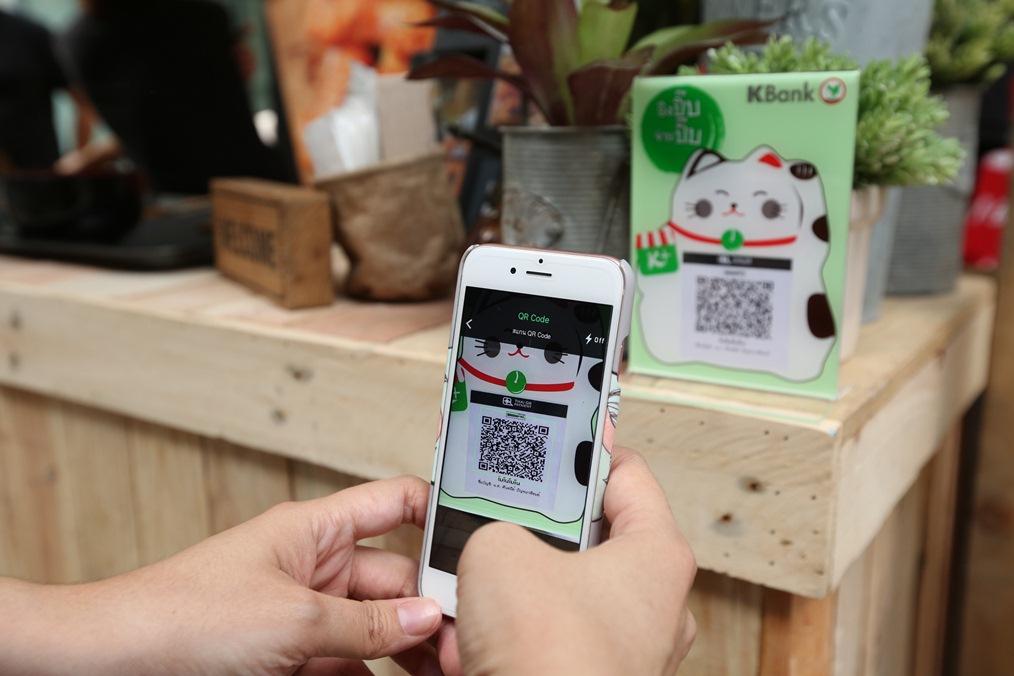
Thailand is set to kick off cross-border payment via QR code technology in Asean by mid-year, aiming to enhance financial transactions through the digital platform across the region.
Digital payments between Thailand and Singapore and Cambodia are expected to begin in the middle of the year, said Siritida Panomwon Na Ayudhya, assistant governor for payment systems policy and financial technology at the Bank of Thailand.
Regional interoperability of standardised QR code payments between Thailand and these nations has continued to make strides, she said.
Thailand's e-payment roadmap for 2020 prioritises cross-border payments and fund transfers, aiming to boost financial transactions via the digital platform across Asean and deepening integration of the regional bloc.
Each local bank has developed regional interoperability for standardised QR code payment that can be used different counties under sponsoring bank and switching-to-switching systems.
Last year, Thanachart Bank (TBank) joined a Lao bank's initiative for digital payment services in neighbouring countries.
Similarly, Siam Commercial Bank (SCB) developed digital payment in Cambodia and Krungthai Bank did the same in Singapore.
Bank of Ayudhya began providing cross-border QR code payment services last August in Japan, where parent MUFG Bank is based.
SCB executive vice-president Srihanath Lamsam said the bank has made progress in QR code payment development in Cambodia.
In the initial stage of launching cross-border payment service through QR code, individual and tourist customers, both Thai and Cambodian, are the bank's focus. The service is likely to expand to small- and medium-sized enterprises, particularly merchants and e-commerce business.
Even with providing the cross-border payment service via digital platform for free, the bank will earn fee-based income from foreign exchange service. SCB has also won approval from the Cambodian central bank to be a baht-riel settlement bank and plans to launch digital cross-border transactions later.
"We haven't set targets for specific transaction volumes and foreign exchange income from the digital payment service yet," Mr Srihanath said. "We're confident there is high growth potential in the digital era."
SCB, the country's second-largest lender by assets, also develops digital banking services regionally under different business models and technologies. The bank, in collaboration with Ripple, offers cross-border remittance services through blockchain technology.
SCB earlier signed a memorandum of understanding on a collaboration with Myanmar's second-largest bank, Ayeyarwady Bank, to develop cross-border payment and fund transfer services for workers and SMEs between the two countries.
The bank is also seeking approval from the Central Bank of Myanmar to upgrade SCB's representative office to operate under a bank subsidiary licence in Myanmar.


